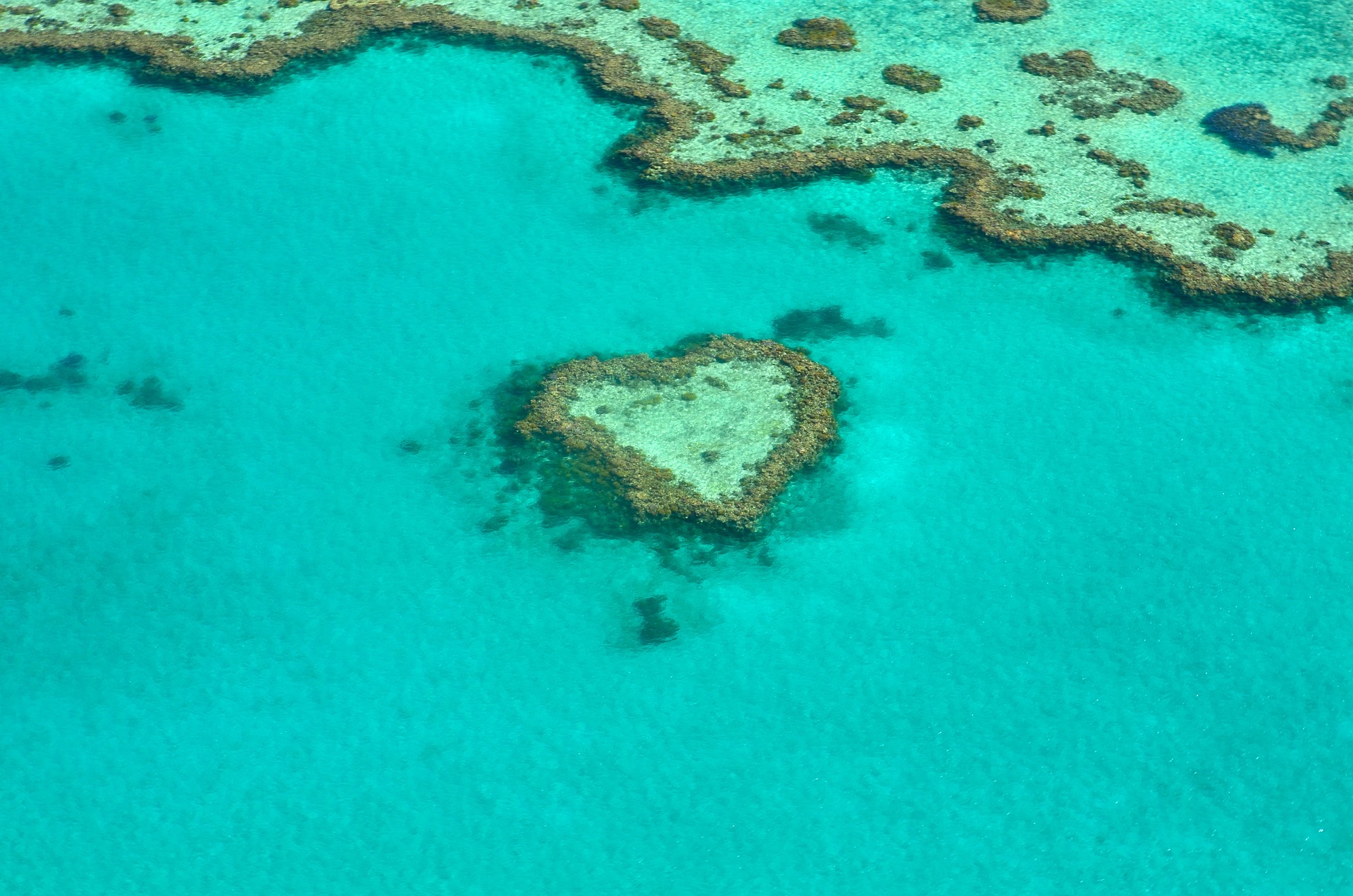News release
From:
Expert Reaction
These comments have been collated by the Science Media Centre to provide a variety of expert perspectives on this issue. Feel free to use these quotes in your stories. Views expressed are the personal opinions of the experts named. They do not represent the views of the SMC or any other organisation unless specifically stated.
Professor Jodie Rummer leads her research group in Marine Biology within the College of Science and Engineering at James Cook University in Townsville, Australia
The Great Barrier Reef holds immense environmental, cultural, and economic significance and is an Australian and global icon. However, after 2021 was documented to be the warmest year on record, here in 2022, we’re facing another summer of extreme weather.
Heatwave conditions are already being experienced across the Reef, and some parts just experienced record temperatures for November. This sparks fears that we’ll add another year to the list of the six mass bleaching events (2022, 2020, 2017, 2016, 2002 and 1998) that the GBR has already faced. The science is clear — climate change, driven by the burning of coal, oil, and gas, is fuelling repeated marine heatwaves that are devastating coral reefs.
As we barrel toward warming of well over two degrees, we know this will be fatal for 99% of all coral reefs. The UNESCO recommendation to put the Great Barrier Reef on the World Heritage “In Danger” list underlines that we need to do more, and both urgently and rapidly, to cut emissions this decade to stay under 1.5 degrees. Our action now will determine the frequency and severity of marine heatwaves the Reef will face over the coming years. Indeed, we are in a critical decade – every tenth of a degree, every week, every month matters.
Yet, we have a huge opportunity to make a difference. We can stop approving coal, oil, and gas projects. We can shift to renewables, reduce our emissions by 75% 2030, and reach net zero. We can emphasise here in Australia and on the global stage that we are serious about protecting the Great Barrier Reef and that we’re willing to do the work to get there. It’s worth it!
Dr Emma Camp is Reef Biogeochemistry Group Leader and Deputy Team Leader, Future Reefs Program at the University of Technology Sydney
The UN mission report has again highlighted the immense threat that climate change has to the Great Barrier Reef and that its resilience to recover to ongoing stress is severely comprised.
Given the immense ecological and socio-economic value of the Great Barrier Reef, we must act at all levels (political, management, scientific, public, economic) to ensure its future.



 Australia; NSW; QLD
Australia; NSW; QLD


